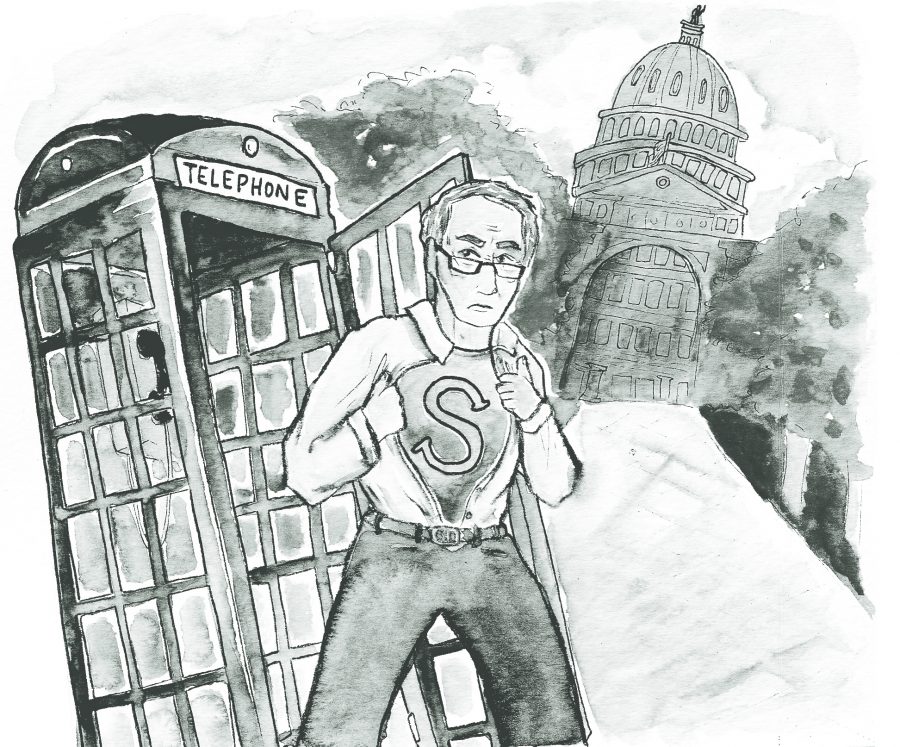Editor's note: This column appears in a point-counterpoint regarding the legitimacy of superdelegates in our political system. You can read the counterpoint here.
As this election cycle has illustrated, America is deeply divided, and the average voter does not see eye-to-eye with the average politician. Although the Republican president-elect fueled his campaign on friction between the working class and political elites, the Democrats also face a similar dividing issue with superdelegates. In order to maintain party unity, certain delegates are granted the freedom to vote differently than their constituents. However, recent events suggest that this approach only further estranges voters from the political establishment.
Superdelegates exist to help balance the opinions of party leaders and the average voter. While voters may be in favor of a candidate’s policies, DNC leaders understand what kind of president it takes to advance the party’s goals.
The DNC itself certainly can benefit from superdelegate votes. They prevent the nomination from going to candidates who may lean too left of the center, leading to a more agreeable platform in the general election. This tendency allows for moderate leaders to capitalize on power and gradually advance a more progressive agenda.
However, political parties should be more concerned with supporting the change voters find necessary than with maintaining the status quo of the establishment. As a democratic institution, it is important that the DNC reflects the people’s sentiments, but the inclusion of superdelegates prioritizes the party’s success over the people’s voices.
Furthermore, the idea that superdelegates are more qualified than average voters to make decisions distorts the reality of how superdelegates choose to support their candidates. Party politics infiltrate the process, and superdelegates are not always making decisions based on an understanding of American politics or the people’s best interest, but are often swayed by the dominant partisan forces seeking to reinforce the status quo.
These party politics that are intended to maintain the DNC’s control are actually eroding away at its voters’ support. Democratic voting bases are leaning more to the left after Obama’s two terms, but the establishment is only slowly beginning to embrace the liberal end of the party’s spectrum. Superdelegates are intended to reflect the majority’s sentiments, but what if the majority no longer cares for the moderate politicians superdelegates have generally supported? The DNC should not count on its constituents to stand behind its platform if the platform fails to embody changes in the progressive movement.
The Republicans nominated and elected Trump, who responded to the voters’ disenfranchised feelings. He capitalized on their frustration with the establishment. If the DNC continues down the same route of making voters feel voiceless, progressives could see a similar implosion in their movement.
Larcher is an economics and Plan II freshman from Austin. Follow her on Twitter @veg_lomein.





















